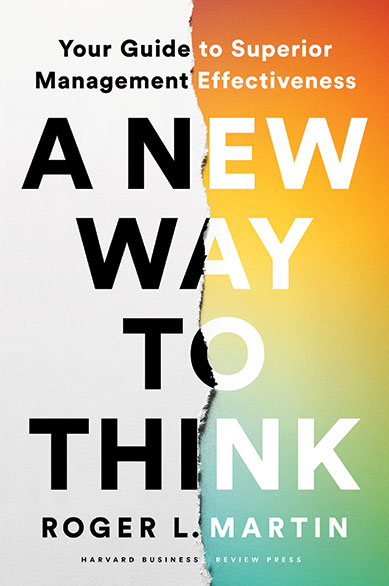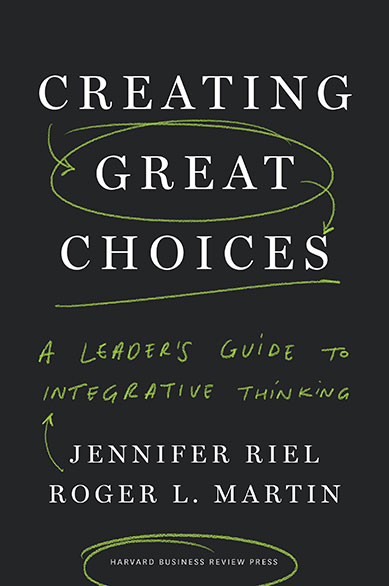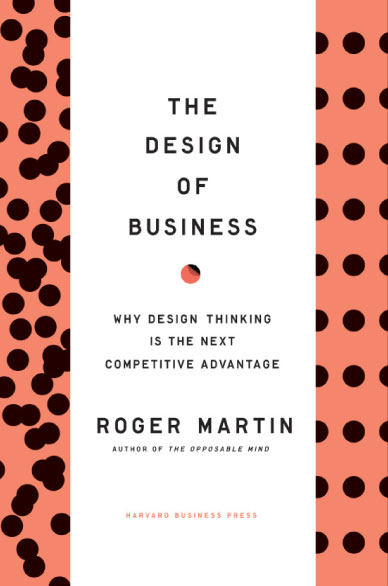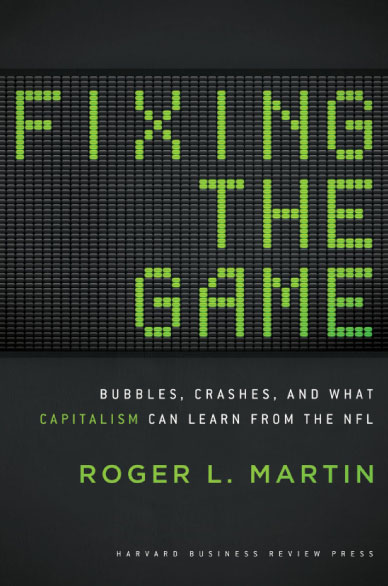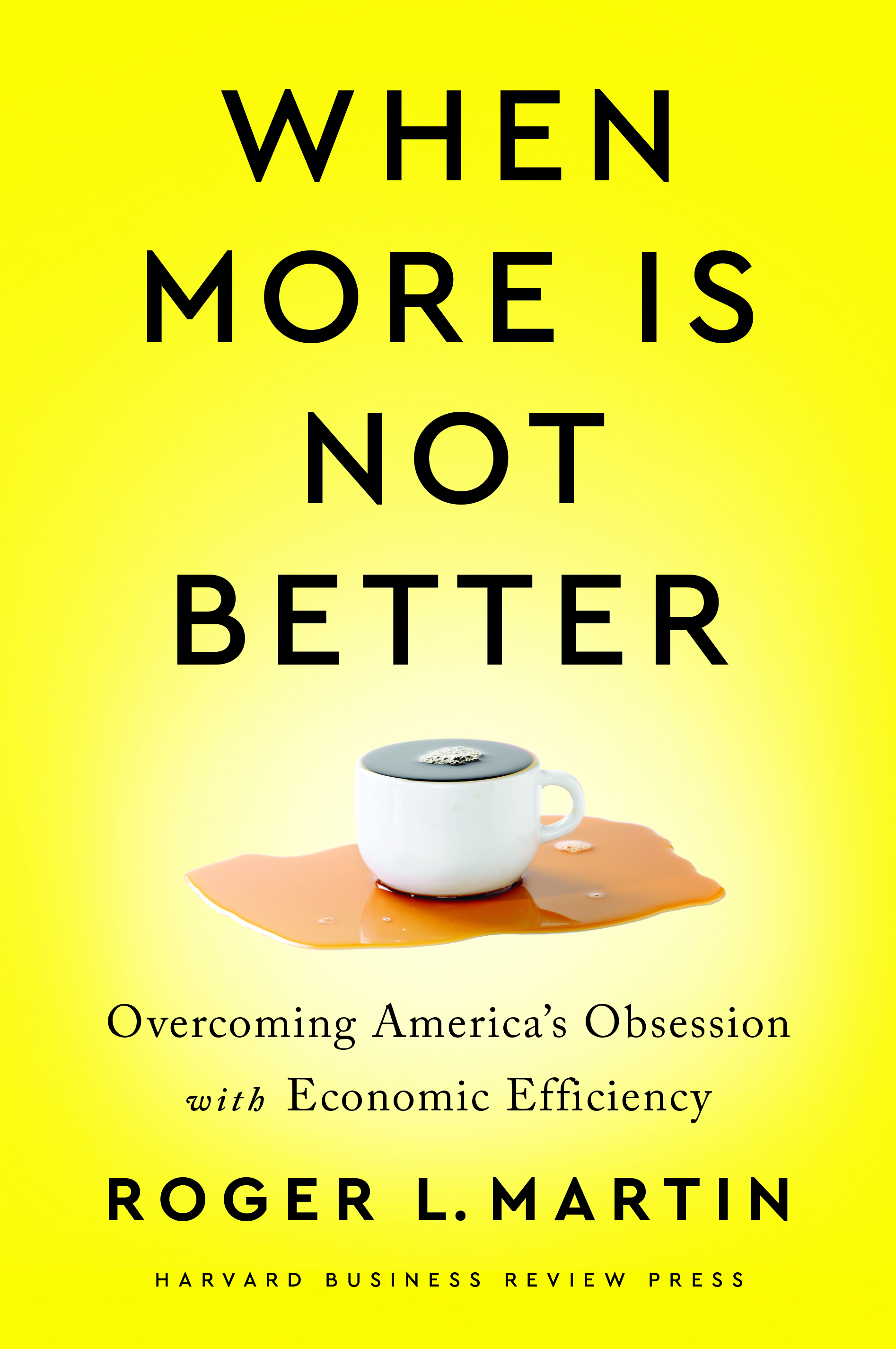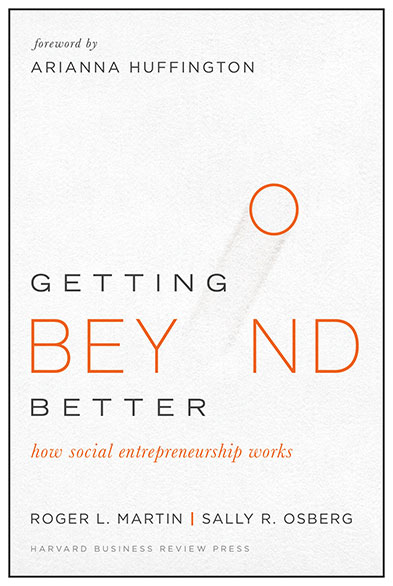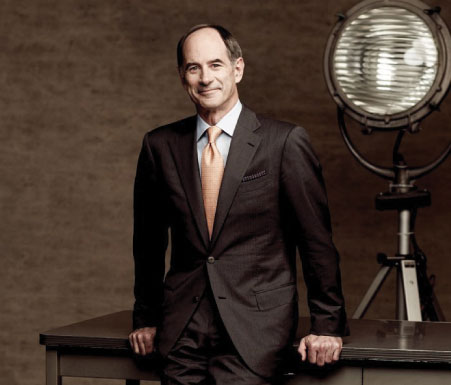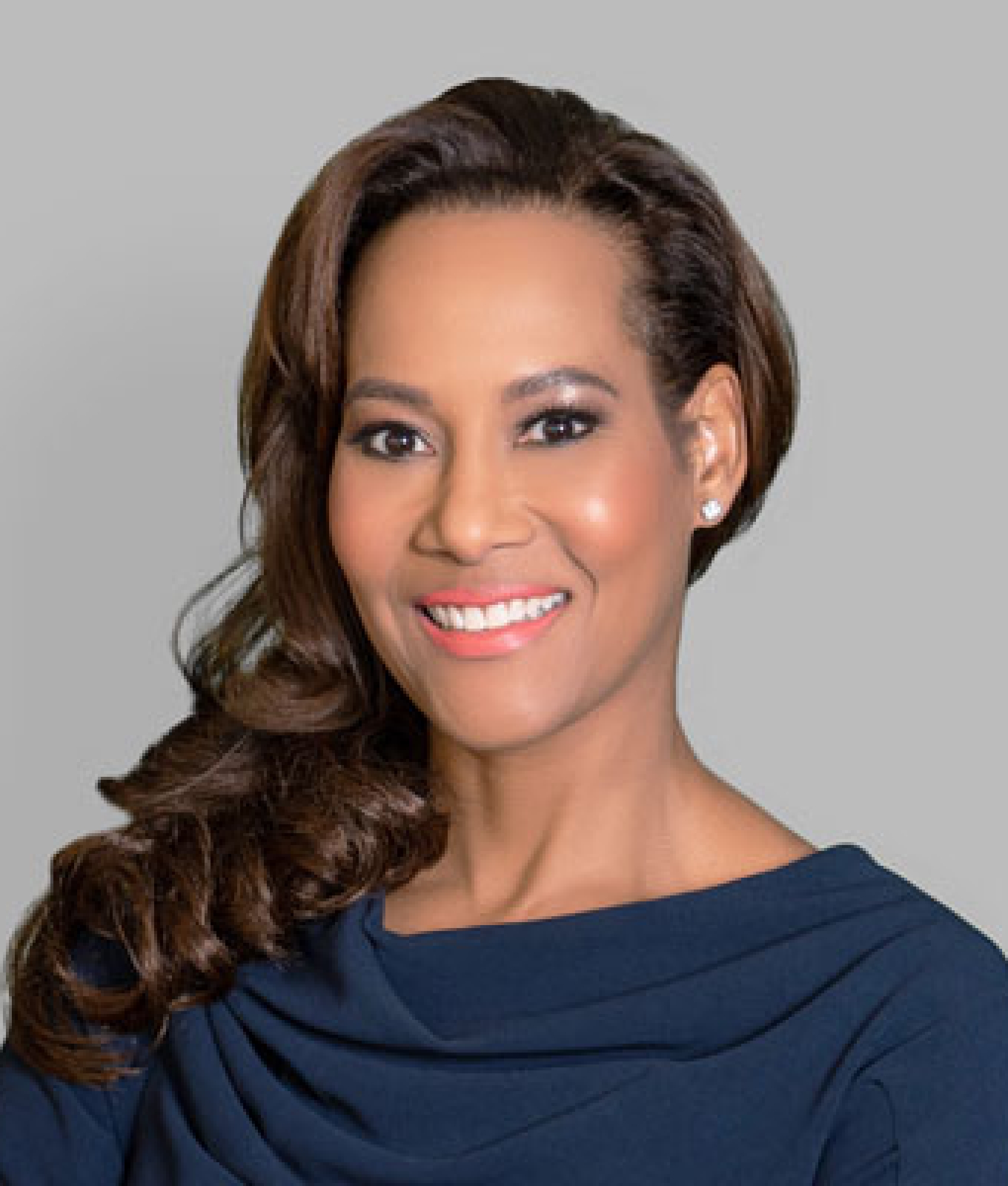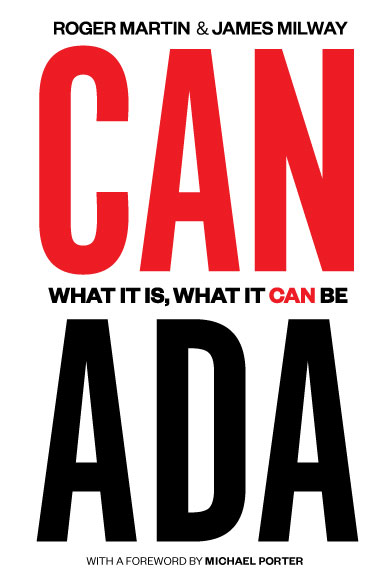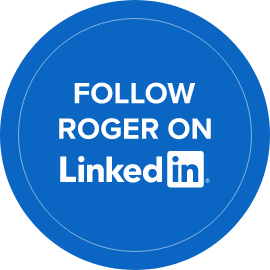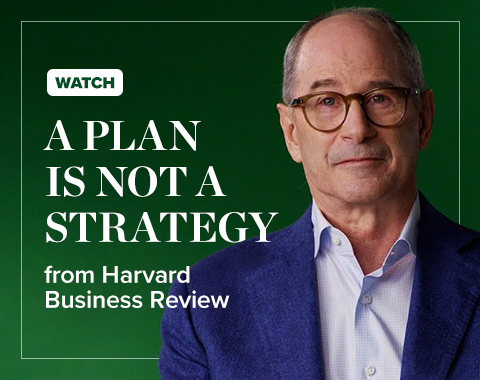-
Harvard Business Review
Design for Action
with Tim Brown
September 2015
-
Harvard Business Review
The Rise (and Likely Fall) of the Talent Economy
October 2014
-
HBR.org
Activist Hedge Funds Aren't Good for Companies or Investors, So Why Do They Exist?
August 20, 2018
-
Harvard Business Review
The Overvaluation Trap
with Allison Kemper
December, 2015
-
HBR.org
Strong Dollar, Weak Thinking
October 13, 2015
-
HBR.org
Yes, Short-Termism Really Is a Problem
October 9, 2015
-
HBR.org
What Economists Get Wrong About Measuring Productivity
September 14, 2015
-
HRB.org
How Talent Pulls One Over on the Capitalists
August 4, 2015
-
Inclusive Capitalism, Thoughts from the 2015 Conference on Inclusive Capitalism
Action to Achieve Inclusive Capitalism
June 26, 2015
-
Catalyst Review
A Creativity Imperative for the Future of Capitalism
Spring 2015
-
Rotman Magazine
In the Know: A Call for the Redesign of Our Knowledge Infrastructure
with Jennifer Riel
Spring 2015
-
HBR.org
Capitalism Needs Design Thinking
with Tim Brown and Shoshana Berger
December 8, 2014
-
The Hindu Business Line
Creating a better mix of rewards for capital, labour and talent
October 22, 2014
-
HBR.org
The Dark Side of Efficient Markets
October 15, 2014
-
Huff Post Business
The Dark Side of Efficient Markets - re-posted in Huff Post Business
October 15, 2014
-
Business Day
The Rise (and likely fall) of the Talent Economy - repost in Business Day
October 8, 2014
-
Huff Post Business
Why Monopolistic Pension Funds Undermine Capitalism - repost Huff Post Business
October 7, 2014
-
HBR.org
Why Monopolistic Pension Funds Undermine Capitalism
October 6, 2014
-
Huff Post Business
When Talent Started Driving Economic Growth - repost in Huff Post Business
October 5, 2014
-
Huff Post Business
We Can't Talk About Inequality Without Talking About Talent - report in Huff Post Business
October 4, 2014
-
Huff Post Business
A Brief History of America's Attitude Toward Taxes - repost in Huff Post Business
October 3, 2014
-
HBR.org
When Talent Started Driving Economic Growth
September 30, 2014
-
HBR.org
We Can’t Talk About Inequality Without Talking About Talent
September 23, 2014
-
HBR.org
A Brief History of America’s Attitude Toward Taxes
September 16, 2014
-
Huff Post Business
When Star Talent Grew More Powerful Than Capital - reposted in Huff Post Business
September 10, 2014
-
HBR.org
When Star Talent Grew More Powerful than Capital
September 9, 2014
-
HBR.org
The Fall of the Talent Economy?
September 4, 2014
-
HBR.org
In America, Labor Is Friendless
August 28, 2014
-
HBR.org
How to Win the Argument with Milton Friedman
June 2, 2014
-
Rotman Magazine
User-Driven Innovation: Putting an End to Inventing in the Dark
with James Milway
Fall 2012
-
The Globe & Mail
Nexen Deal: The Only Standard is Reciprocity
July 26, 2012
-
The Globe & Mail
Wanted: Stronger Canadian management talent
with James Milway
July 11, 2012
-
HBR.org
The U.S. Needs to Make More Jobs More Creative
February 27, 2012
-
The Globe & Mail
Canada, like Steve Jobs, Should Zero in on Innovation
November 20, 2011
-
The Toronto Star
Education and Productivity
with Martin Connell
September 2, 2011
-
The Globe & Mail
The Realities of the HST, with Jim Milway
August 26, 2011
-
Reuters.com
Economist, Heal Thyself
July 27, 2011
-
The Toronto Star
Key to Productivity is Innovation, Not Invention
with Jim Milway
May 31, 2011
-
The Toronto Star
Think Your Home is a Safe Investment? Think Again
with John Kelleher
April 7, 2011
-
The Globe & Mail
Say Goodbye to the National Franchise Company
February 23, 2011
-
The Toronto Star
Reciprocity should be guiding principle in foreign takeovers
November 16, 2010
-
The Globe & Mail
How Canada can avoid France’s Retirement Woes
November 3, 2010
-
The Toronto Star
Maple Leaf Foods Fighting to Become a Global Player
October 7, 2010
-
The Globe & Mail
It’s Innovation that Matters
June 11, 2010
-
The Globe & Mail
Debunking Myths about the HST
with Jim Milway
November 26, 2009
-
Walrus Magazine
Who Killed Canada's Education Advantage
November 2009
-
HBR.org
Economic Forecasting: What's the Value of Outliers?
October 26, 2009
-
The Toronto Star
What Happened to Canada's Education Advantage
October 20, 2009
-
HBR.org
The 2009 Nobel Prize for Economics: Reading the Tea Leaves
October 13, 2009
-
The Globe & Mail
Time for Ottawa to Learn Business Hardball
August 3, 2009
-
The Toronto Star
Business Not Only Winner in Budget's Tax Changes
March 31, 2009
-
The Globe & Mail
We Can Ride the Crisis Out On a Wave of Our Own Inventiveness
February 7, 2009
-
The Toronto Star
Ontario's Prosperity Hinges on Harnessing Creativity
February 5, 2009
-
The Toronto Star
In Stormy Waters, Lean Into the Wind
December 30, 2008
-
The Globe & Mail
A Productive Labour
with James Milway
November 19, 2007
-
The Globe & Mail
Whoa, Canada: More Must Be Done to Protect Companies From Foreign Takeovers
with Gordion Nixon
July 2, 2007
-
Rotman Magazine
Underestimating the Risk of Status Quo
Spring 2007
-
The National Post
Bridging the Gap: Cuts to Business Taxes in Yesterday's Budget will Help Canadian GDP Catch up to U.S. Levels — and Close the Prosperity Gap
with James Milway
March 20, 2007
-
The Globe & Mail
Technology's Overrated
with James Milway
February 14, 2007
-
Rotman Magazine
The Canadian Health Care Mystery: Where Are the Exports?
Winter 2006
-
The Toronto Star
The Intensity Gap: Are We Working Too Hard?
with James Milway
September 1, 2006
-
Rotman Magazine
Prosperity: A Function of Trust
Fall 2006
-
The Globe & Mail
Don't Ask Voodoo to Solve our Productivity Problem
January 9, 2006
Web Exclusive
-
The Globe & Mail
A Sure Way to Lose to India and China: Assume We Have the Advantage
December 28, 2005
-
The Toronto Star
Smart Taxes vs. Dumb Taxes
December 16, 2005
-
The Toronto Star
Bridging Canada's Fiscal Divide
October 17, 2005
-
The Globe & Mail
Filling Impoverished Pockets: Good Plan, Devilish Strategy
February 25, 2005
-
The Globe & Mail
A Better Way to Share
with David Naylor
February 10, 2005
-
Innovation Policy and the Economy
Jurisdictional Advantage
with Maryann Feldman
Volume 5, 2005
-
Research Policy
Constructing Jurisdictional Advantage
with Maryann Feldman
Volume 34, 2005, 1235-1249
-
The Globe & Mail
Crushed By the Helping Hand
November 15, 2004
-
The Globe & Mail
Corporate Slackers, Let's Roll
with James Milway
October 13, 2004
-
Financial Post
Bad Health Buys
with James Milway
September 14, 2004
-
The Globe & Mail
A Bright Light on a Bad Strategy
May 18, 2004
-
Rotman Magazine
Partnering for Investment in Canada's Future
with James Milway
Spring 2004
-
The National Post
The Tax of a Lifetime
February 18, 2004
-
The Globe & Mail
Unleash Higher Learning
with James Milway
August 30, 2003
-
The National Post
Missing Opportunities: Ontario's Urban Prosperity Gap
with James Milway
July 4, 2003
-
Rotman Magazine
Growing Communities of Human Capital
Winter 2002
-
The Globe & Mail
Why we don't pull together
October 2, 2002
-
The Globe & Mail
More angels should tread in investing
with Henry Vehovec
July 26, 2002
-
The National Post
Productivity Gets Rolling
June 17, 2002
-
The National Post
Conquer the World and Triumph in Canada
May 13, 2002
-
The Globe & Mail
Roadblock to prosperity
October 18, 2001
-
Rotman Magazine
Setting Our Sights on Innovation: Canada at the Crossroads
with Michael E. Porter
Fall 2001
-
The National Post
Weak Newsprint Makers a Metaphor for Canada
with Michael E. Porter
May 2, 2001
-
The Globe & Mail
The road not taken
with Michael E. Porter
April 26, 2001
-
The Globe & Mail
Tax reform: time to dive in
November 3, 2000
-
Time
Paul Martin, Listen Up!
October 23, 2000
-
The National Post
Forget This TSE Obsession and Fix the Capital Markets
September 14, 2000
-
Time
How to Judge the Budget
February 28, 2000
-
The Globe & Mail
Taxation: the new wave
February 10, 2000
-
The Globe & Mail
A great crew, but the ship's sinking
January 31, 2000
-
The Globe & Mail
A remedy for Canada's competitiveness problem
December 28, 1999
-
Rotman Magazine
A Prescription for Canadian Competitiveness
Spring/Summer 1999
-
Innovation Hub
What Threatens the Talent Economy
December 12, 2014
-
CBC - Metro Morning
Falling Behind
Matt Galloway
November 25, 2014
-
Huff Post Business
Want To Make A Difference? Don't Be A Hedge Fund Manager
Gregory Beyer
November 24, 2014
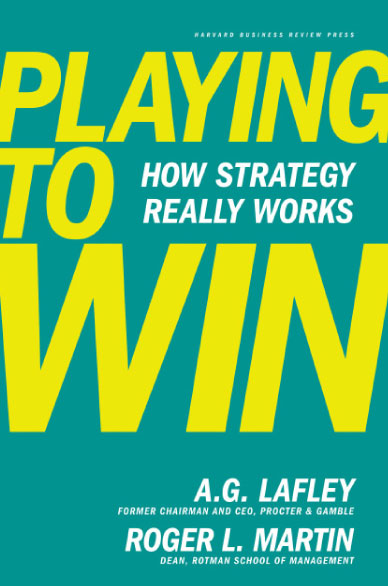 Buy the book
Book roger to speak
Buy the book
Book roger to speak
